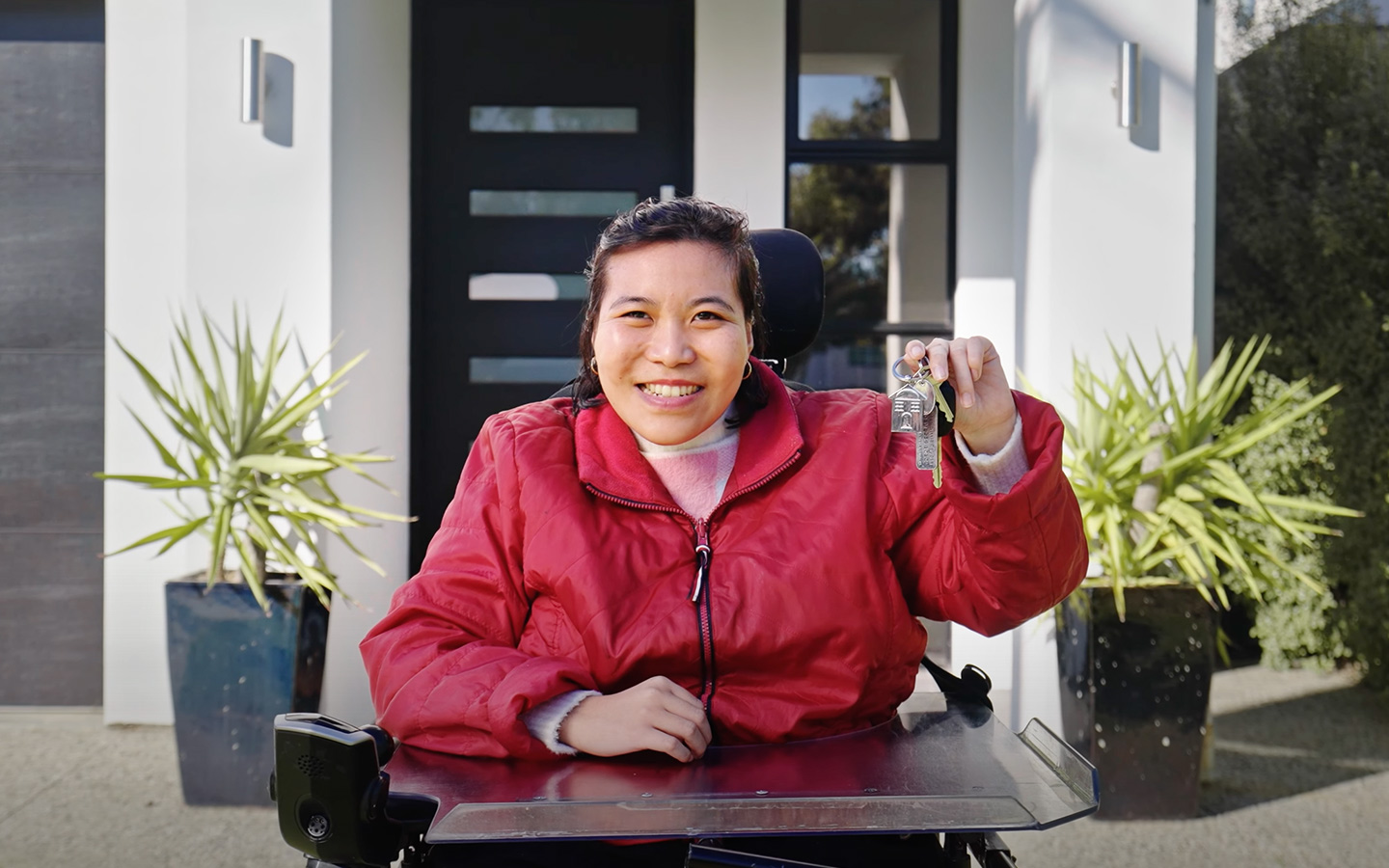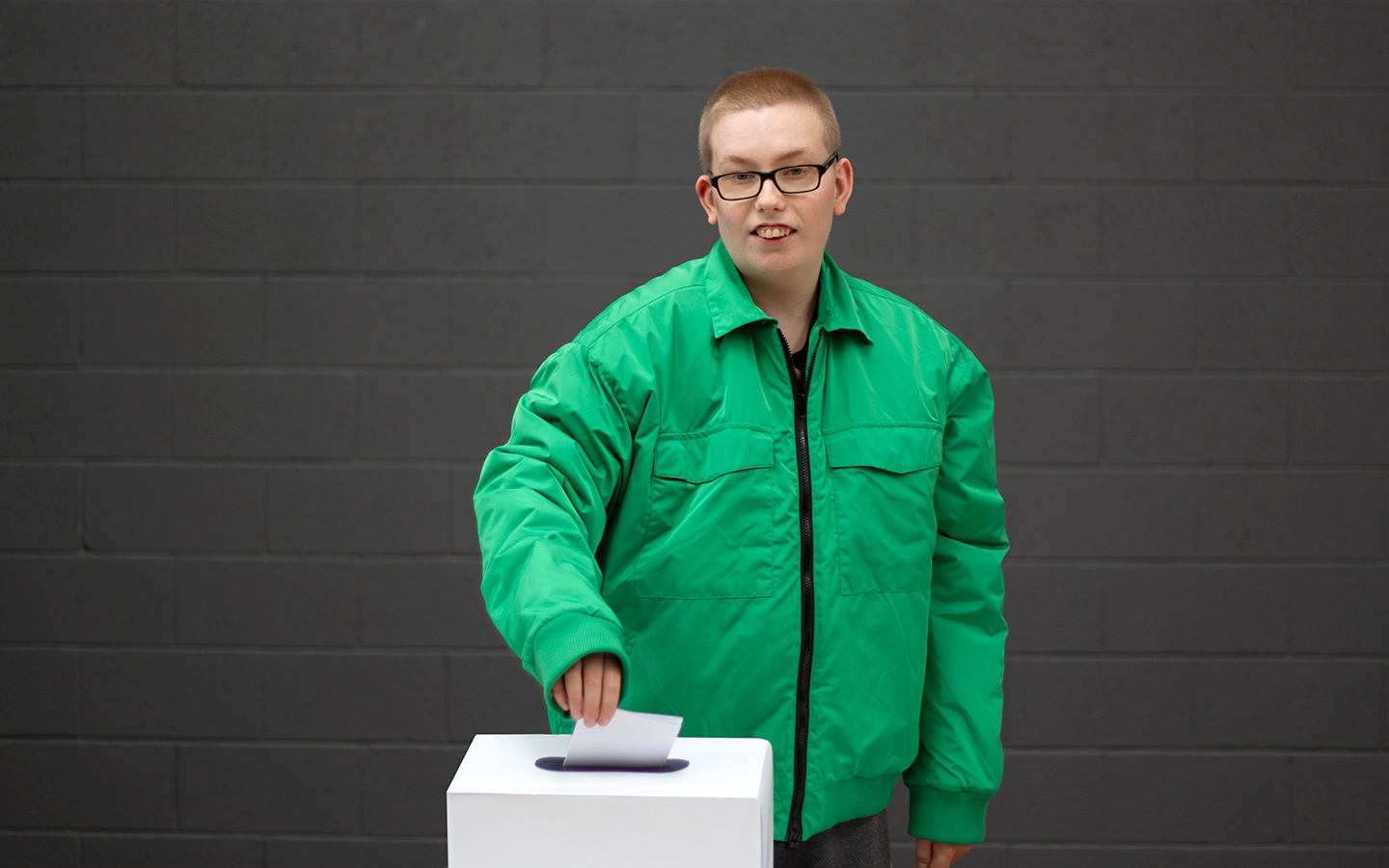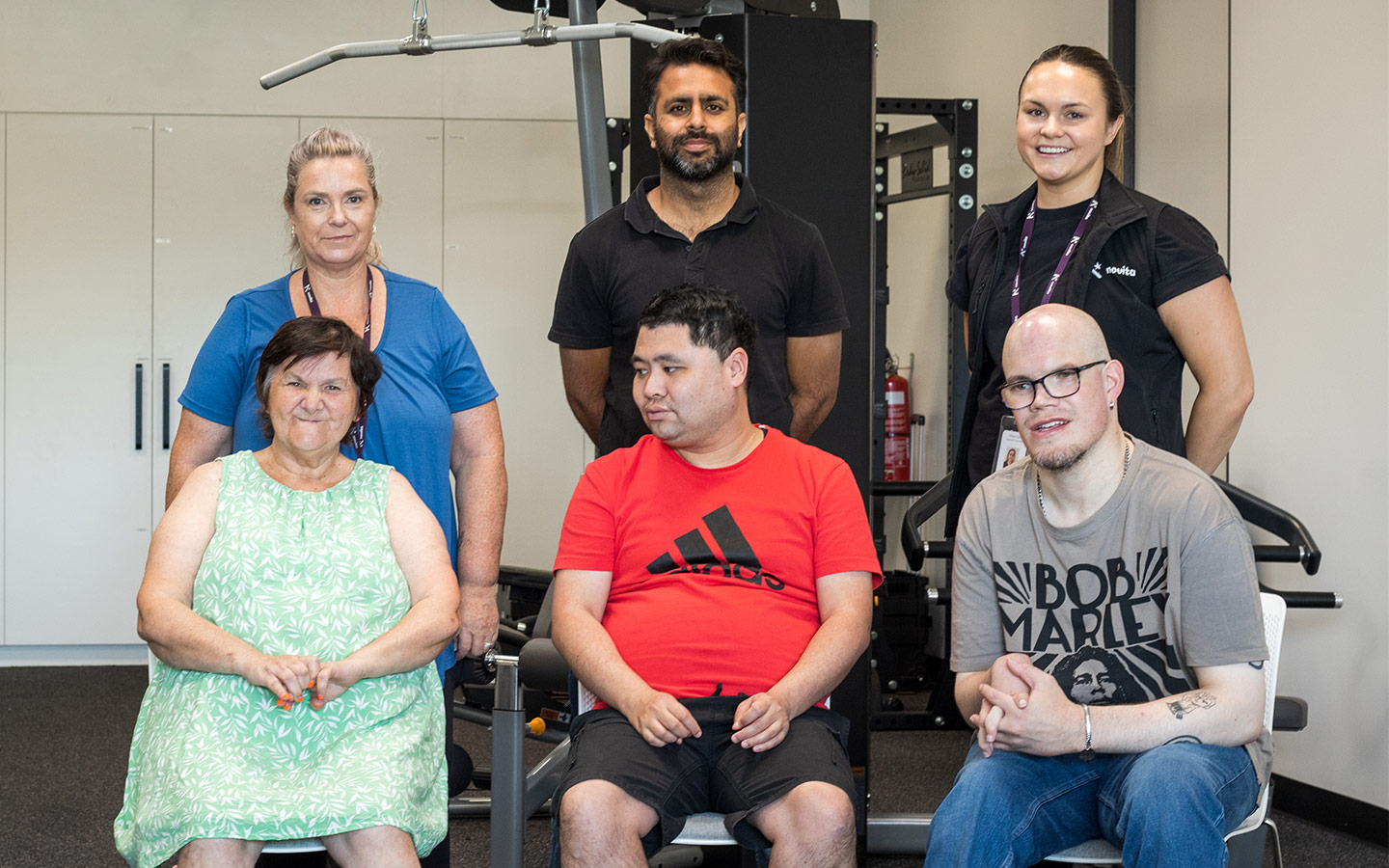Helpful Information
What is specialist disability accommodation (SDA)?
access_time20min read

Everything you need to know about SDA in one easy guide
Specialist disability accommodation, often abbreviated to ‘SDA’, is a variety of housing options designed for people with extreme functional impairment and high support needs. SDA is offered as part of the National Disability Insurance Scheme (NDIS). However, there are very few people who are eligible, and applying for SDA funding can be very difficult and challenging.
Living with disability in a standard house can present numerous daily challenges, including lack of accessibility, mobility and access to important medical and community services. Living in improper accommodation can often make simple tasks including moving from room to room, bathing, or cooking incredibly difficult and sometimes dangerous.
An inaccessible home can result in feelings of frustration, isolation, and increased reliance on others, making daily life more challenging and less fulfilling.
Unlike a standard house, SDA is designed with accessibility features that ensure safety, independence, and quality of life for those with physical, sensory, or cognitive impairments. These houses provide a living environment that can be adapted to the individual’s specific requirements, ultimately enabling them to live the life they want, rather than compromising in a more typical home environment. This article provides key information about SDA housing, how to get funding and how it can benefit people living with disability.
Home Modifications
Home modifications are changes made to your home that support you to manage your disability. These changes can be minor or more complex. They can also ensure you safely access or move around your home. They also assist in making daily tasks easier.
Modifications can include:
- Grab rails
- Accessible tapware or hand-held shower
- A weighted shower curtain
- Level door handles
- Portable ramps
Home modifications can include minor changes like widening the doorway. Or they can be very complex, like changes involving a few areas in your home. For example, you might need to combine your bathroom and toilet to give you more room to use a hoist or shower chair. You may need home modifications if you:
- have safety concerns or difficulty moving around your home
- have trouble with personal care, like using your shower
- can’t use the rooms you need to use in your home
- have difficulty pursuing your goals in your home because of your disability
- need changes to your home so your carers can support you safely
(Information sourced from the NDIS)
SDA eligibility requirements:
To be eligible for SDA and funding, you must have an extreme functional impairment (meaning you need support to do everyday tasks). These tasks are assessed under the following three categories created by the NDIS:
- Mobility – you have issues walking, climbing stairs, getting in and out of bed or a chair, carrying or moving items and leaving the house,
- Self-care – you have issues washing yourself, going to the toilet, getting dressed, eating, drinking, talking and taking your medication,
- Self-management – you have issues with housework, following routines, making friends, forming relations, maintaining boundaries and managing your behaviour.
(Information sourced from the NDIS)
You will also be assessed for funding if you have high support needs which mean that:
- your family and friends can’t offer you the level of support you need (i.e., you don’t have enough informal supports, or your usual informal support network can’t support you anymore),
- and that there are safety risks to you and others around you in your current living situation.
(Information sourced from the NDIS)
Who manages my SDA funding?
SDA funding is claimed from your NDIS funds by the SDA provider (e.g., Novita Housing) to cover the additional costs of building SDA properties and maintenance costs.
To secure funding for SDA, you need to meet certain eligibility criteria and go through an assessment process.
SDA funding only covers the cost of accommodation.
It’s essential to work closely with your NDIS planner or Local Area Coordinator throughout this process to ensure that your NDIS plan aligns with your goals and needs. Remember that SDA funding is intended for individuals with significant and complex disabilities, and eligibility is determined case-by-case.
There is also funding available for support services and Supported Independent Living (SIL).
What is the difference between Specialist disability accommodation (SDA) and Supported independent living (SIL)?
Specialist disability accommodation, often abbreviated to ‘SDA’, is a variety of housing options designed for people with extreme functional impairment and high support needs.
Supported Independent Living (SIL) is funding allocated for support and caring for someone in their home.
For more information on SIL, visit our SIL page here.
Benefits of SDA
There are also many great benefits that will assist in making your life more independent and happier.
These include:
- Living in a purpose-built and accessible home that fits you – not the other way round
- An improved quality of life
- Being safe and secure in a home that has protocols and technology in place in case of an emergency
What are the four SDA design standards?
There are currently four SDA offerings available. These include:
- Improved liveability: housing with better physical access. It also has more features for people with sensory, intellectual or cognitive impairments. For example, you may need walls and floors that are very easy to see, living areas that mean your support workers can see you easily, or very few stairs in your home.
- Fully accessible: housing with a high level of physical access features for people who have lots of physical challenges. For example, you need to use a manual or powered wheelchair at home or can’t use steps.
- Robust – housing that is very strong and durable, reducing the need for repairs and maintenance. The way it is built should make it safe for you and others. This type of design category may suit people who need support managing complex and challenging behaviours. We think about how often you currently cause property damage, and the extent of the damage.
- High physical support: housing that includes a high level of physical access for people who need very high levels of support. For example, you may need a ceiling hoist, backup power supply, or home automation and communication technology.
(Information sourced from the NDIS)
How do I know which type of housing is right for me?
Obtaining SDA funding is very difficult as the eligibility requirements are quite complex and specific. We know that many people struggle to get funding and can understand that this can be quite disheartening. This article is just a short guide to understanding how SDA works, and following these steps does not necessarily guarantee you will be eligible or successful for funding.
Generally, to acquire funding, you will be assessed on your circumstances, support requirements and what you need for your day-to-day living.
The NDIS will assess how a building type would:
- assist you with your other support,
- suit the type of home you want to live in, and if it aligns with your goals,
- ensure you become more involved in your community,
- support you to maintain or create relationships and connections,
- reduce any risks to you or other people,
- allow your support network be there for you,
- and be more likely than another building type to support you reaching your goals.
(Information sourced from the NDIS)
Most people with a disability don’t need to live in SDA. People who require SDA have very high needs and need to live in very specialised homes, usually with high levels of person-to-person support.
(Information sourced from the NDIS)
For more information on SDA, FAQs and what Novita can offer you, visit our dedicated page. You can also contact us on 1300 668 482 or [email protected] for further information.


